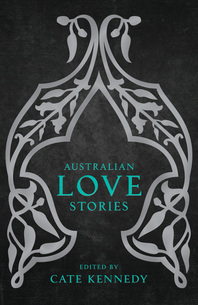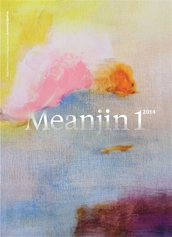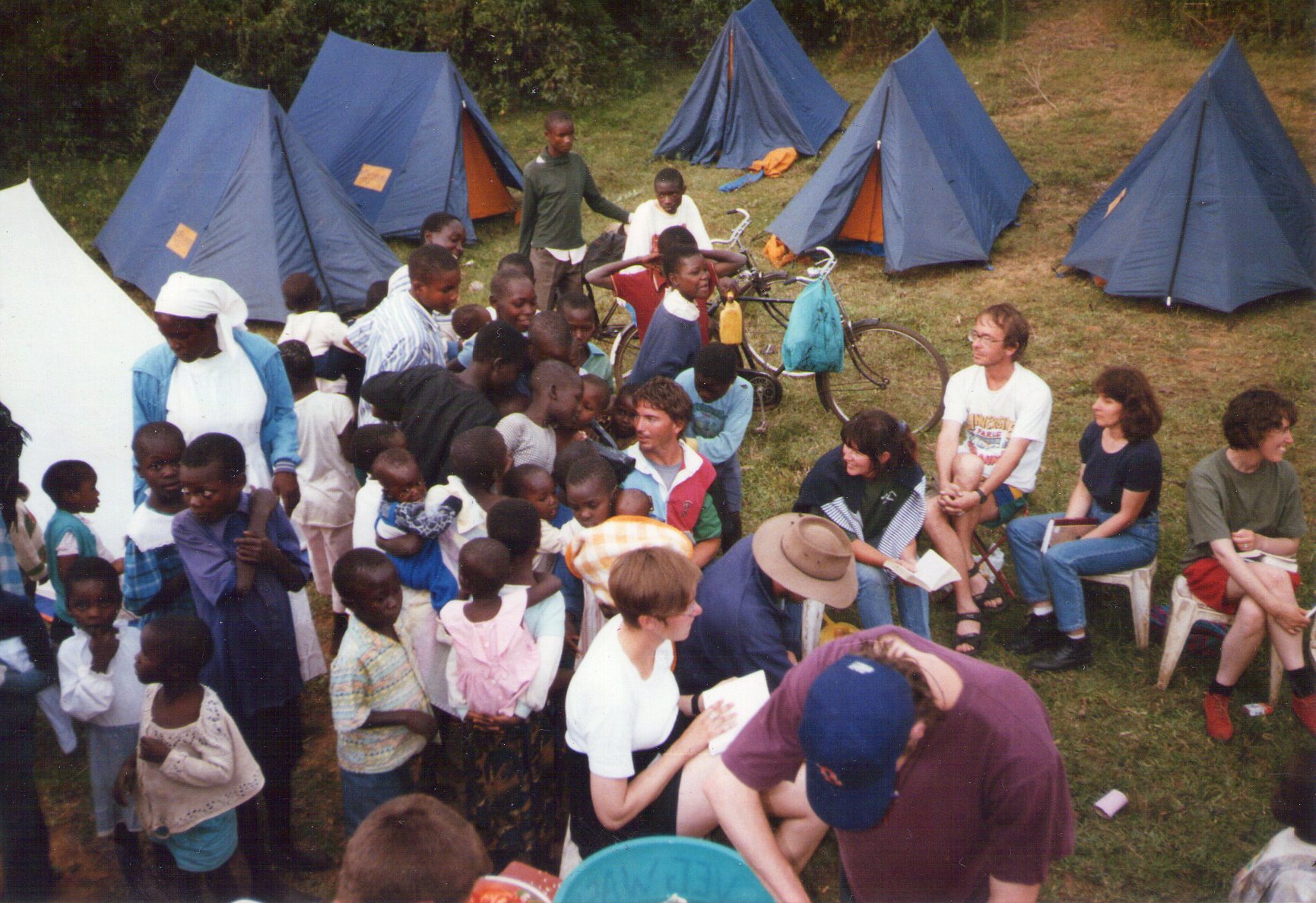LITERATURE & LURVE
Today I had a little chat with Michael Cathcart on Radio National’s Books and Arts Daily about Australian Love Stories, in which I have a… Read More »LITERATURE & LURVE
Today I had a little chat with Michael Cathcart on Radio National’s Books and Arts Daily about Australian Love Stories, in which I have a… Read More »LITERATURE & LURVE
 In the last couple of years I haven’t had much time for writing short fiction. I’ve been focussing on other writing projects and short stories have mostly been sidelined. As Lorrie Moore says, ‘a story can be like a mad, lovely visitor, with whom you spend a rather exciting weekend’, and I’ve missed that. But recently, in small pockets of space, I’ve been able to reengage with the form. This has led to my stories appearing in three very different publications, all of which I admire for different reasons. So as a way of celebrating my renewed love affair with the short story I thought I’d tell you about them.
In the last couple of years I haven’t had much time for writing short fiction. I’ve been focussing on other writing projects and short stories have mostly been sidelined. As Lorrie Moore says, ‘a story can be like a mad, lovely visitor, with whom you spend a rather exciting weekend’, and I’ve missed that. But recently, in small pockets of space, I’ve been able to reengage with the form. This has led to my stories appearing in three very different publications, all of which I admire for different reasons. So as a way of celebrating my renewed love affair with the short story I thought I’d tell you about them.
First up is a story called ‘The Little Things’ which will be published in Australian Love Stories, an anthology edited by Cate Kennedy. I was most chuffed to have my work selected by Cate, one of Australia’s finest short story writers. I have long admired her work, have devoured everything she has written, and the comments she wrote about my story (coming as they did on the back of two rejection letters for other pieces) meant more to me than she could have known. If that wasn’t enough the publisher, Donna Ward, emailed me to say: ‘It [‘The Little Things’] was the first on the list Cate sent me and has coloured, favourably, my whole experience of the book, and of life, really.’ Is there any more a writer could possibly hope for?
Australian Love Stories is out in October and features writers like Jon Bauer, Tony Birch, Carmel Bird, Lisa Jacobson, and fellow Long Story Shorts author Leah Swann. Its companion volume, Australian Love Poetry, edited by Mark Tredinnick, did extremely well when it was released earlier this year, so I’m thrilled to be keeping such talented company in the short story volume.
Read More »MAD, LOVELY VISITORS: NEW SHORT FICTION
The second story, ‘Travelling Left’, will appear in a new anthology, the Grapple Annual, which is aiming to carve out a niche and reputation much like the Sleepers Almanac. (Lovers of the short form will know how successful Sleepers Publishing’s annual Almanacs have become.) The Grapple Annual is the first publication for Grapple Publishing, a new independent publisher founded by Duncan Felton, who also happens to be one of the Scissors Paper Pen founders, a team that puts on a program of some of the most interesting and dynamic literary events around Canberra.
The Grapple Annual will feature a mix of poetry and fiction, both short and long. It’s often difficult to find a place for longer stories; literary competitions typically require 2-3000 words, and literary journals are similarly inclined. So I was pleased to discover that the Annual was accepting longer pieces because I’d just finished ‘Travelling Left’ (at 5000 words) and was wondering what to do with it. The Annual has a quirky premise—each story represents a date on the calendar and the Annual is aiming to eventually cover every day of the year. I’m glad to be a part of their inaugural line-up because with Felton at the helm I’d lay money the Annual will go gangbusters.
Finally to a s tory that has already hit the shelves in Meanjin (vol. 72, no. 1, 2014) called ‘The Company of Birds’. Meanjin is one of my favourite literary journals. I love what it does—the mix of essays, fiction, poetry, creative non-fiction, etc—as well as the design and feel of the publication. But it’s more than that. Meanjin was the first major literary journal to publish me. As one of Australia’s oldest and most revered literary journals, I felt I’d hit the jackpot. (I recall there was much celebratory champagne.) Back then Meanjin was publishing themed editions, and my story appeared in ‘Meanjin Does Drugs’. (One to make the parents proud.) Brett Whiteley, who was referenced in my story, ‘Great Pisses of Paris’, featured on the cover. (That story was subsequently included in my collection Two Steps Forward.) This time round Meanjin chose a Katsushika print to accompany ‘The Company of Birds’ without knowing how much I adore his work. Meanjin just gets me!
tory that has already hit the shelves in Meanjin (vol. 72, no. 1, 2014) called ‘The Company of Birds’. Meanjin is one of my favourite literary journals. I love what it does—the mix of essays, fiction, poetry, creative non-fiction, etc—as well as the design and feel of the publication. But it’s more than that. Meanjin was the first major literary journal to publish me. As one of Australia’s oldest and most revered literary journals, I felt I’d hit the jackpot. (I recall there was much celebratory champagne.) Back then Meanjin was publishing themed editions, and my story appeared in ‘Meanjin Does Drugs’. (One to make the parents proud.) Brett Whiteley, who was referenced in my story, ‘Great Pisses of Paris’, featured on the cover. (That story was subsequently included in my collection Two Steps Forward.) This time round Meanjin chose a Katsushika print to accompany ‘The Company of Birds’ without knowing how much I adore his work. Meanjin just gets me!
As for what these three stories are about you’ll have to read them for yourself and make up your own mind. The Meanjin issue is out now in print and also online, so if you fancy a squiz at ‘The Company of Birds’ click here. You’ll have to wait for the other two.
And here’s hoping I get more time this year with some other mad, lovely visitors.
In the middle of the Serengeti the scrubby land is flat, stretching into the unbroken distance on all sides. We set up camp — a motley group of Americans, Germans, Brits and Aussies — and begin preparing the evening meal. The area is seemingly uninhabited, but suddenly children are emerging from everywhere. We peel vegetables, cut off the unwanted sections, and remove the fat from a pile of chicken. Discard the bits we don’t want. The children can’t believe how wasteful we are, are wide-eyed over it. We bag up our ‘rubbish’ — feeling a mix of emotions, the most prominent being multi-layered guilt — and hand it to the children, along with a bunch of much-coveted pens. They will take these stubs of carrot and onion and chicken fat to their mothers who will no doubt cook it into stews and laugh about the crazy foreigners who throw good food away. The following morning they will return with a branch of bananas and sticks of sugar cane as thanks for our generosity. The guilt is never-ending.
 I am remembering this moment reading Cate Kennedy’s travelogue, Sing, and Don’t Cry, about her two years in Mexico. A different culture with the same Third World problems. For eight years I have wanted to read this book. When it was first released I stood in Borders and read the first paragraph of the first chapter:
I am remembering this moment reading Cate Kennedy’s travelogue, Sing, and Don’t Cry, about her two years in Mexico. A different culture with the same Third World problems. For eight years I have wanted to read this book. When it was first released I stood in Borders and read the first paragraph of the first chapter:
Our plane descends into Mexico City and we are ejected from it like goldfish out of a bowl, our mouths opening and closing as we try to gulp in enough oxygen in the high-altitude air. Stumbling jetlagged from the airport, we’re still trying to breathe as we take a taxi into a city where, legend has it, the pollution is so bad sparrows fall dead from the air.
Read More »Sing, and Don’t Cry
I was hooked. I stood there, holding its embossed cover in my hands, agonising over whether I could afford to buy it. I couldn’t. At the time we were — by First World standards — totally broke. I put it back, picked it up again. Could our budget stretch by thirty dollars just this once? I debated with myself. I placed it back, left the shop, returned. A ridiculous dance I hoped no one was observing. Eventually I left again, empty-handed.
Years later I regretted my decision when, no longer broke, I couldn’t find the book anywhere, even online where it seemed to be permanently out of stock. Every now and again, in my trawling of second-hand bookstores, I’d search for it without any luck. Until recently when I was in my local independent and asked, on the off-chance, if they had it in stock. No, they didn’t, but they could order it in. Bingo! Why hadn’t I done this before?
In Sing, and Don’t Cry Cate writes about the poverty and beauty of Mexico so vividly. She finds herself in this particular place, assisting with a rural microcredit project, after signing up for Australian Volunteers Abroad. Like all Cate’s writing (disclosure: I am a massive fan) Sing, and Don’t Cry is evocative and beautifully crafted. Every sentence is a pleasure to read.
But if you’re looking for a conventional travel account, this is not it. Sing, and Don’t Cry is as much, if not more, about Cate’s interior landscape as it is about the Mexican landscape, a place where her privileged Western value system is called into question. We are prompted to ponder ‘who is truly poor’ and, on her return to Australia, we witness Cate’s frustration and disillusionment with the superficiality of her own society.
Perhaps it seems odd that a book about Mexico has made me yearn for Africa — a place I fell desperately in love with many years ago — but I felt an affinity with her interior experience. As in Cate’s Mexico, in the two African countries I spent time in people had little but never complained, were always laughing. Every day I experienced the true meaning of the phrase joie de vivre. As much as I love my home, I can’t say the same about life in Australia. Cate reflects on the ugly self-absorption of our resource-rich Western world where we feel justified in complaining about the smallest of irritations. First World Problems, we say, and laugh, recognising how ridiculous we are. And yet we continue.
I remember returning from Tanzania to London, where I was living at the time. The complete disorientation of it. A country where people have everything and yet laugh sparingly. Where even the weather is incapable of enjoying itself. On my second day back I went into a corner shop and handed the woman behind the counter a 33p chocolate bar. Before I caught myself, I tried to barter the price down. An instinctive habit. ‘Sorry,’ I said, laughing. ‘I’m just back from Tanzania.’ She frowned, said nothing.
And so you unravel. At first you feel you will never again take what you have for granted, complain about matters of inconsequence. But you slip — slowly, barely noticing, until you forget. You moan about a delayed train or a lukewarm coffee or the lack of shopping trolleys with unbroken child restraints.
Sing, and Don’t Cry reminded me. It was discomforting, and I am grateful.
This post was first published by Meanjin here as part of its What I’m Reading series.